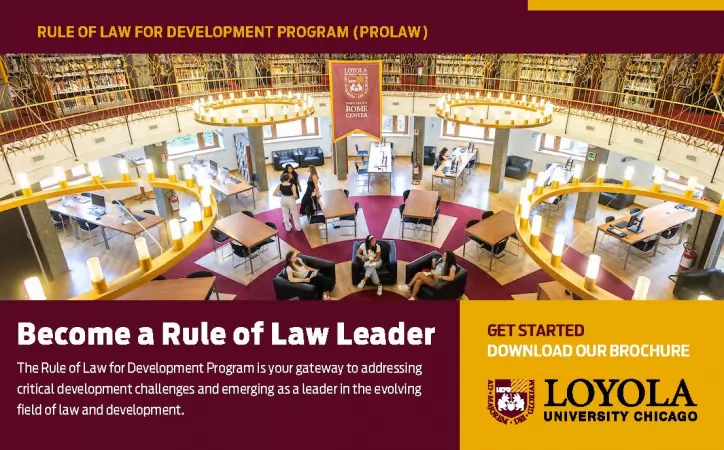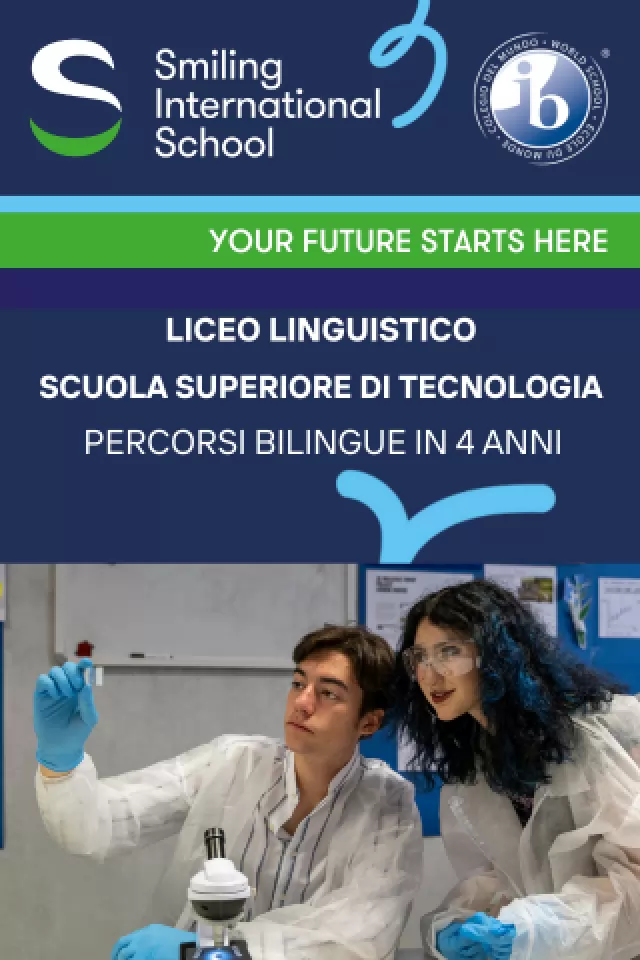The new Roman literary caf.
There has always been a sumptuously rich literary culture in Romes plethora of libraries and bookshops. However, there is a discrepancy between the abundance of these literary offerings and their accessibility to the general public.
Entry into many libraries is restricted to serious scholars, and bookshops tend to be rather high-brow places, not terribly inspirational at that. Pride in Romes cultural roots means that money is poured into these institutions but the anxiety to preserve history also acts as a bulwark against change. This has led to a rather static and elitist attitude to literary culture, as something to be observed from afar, not consumed as part of popular culture.
However, recently there seems to be a new atmosphere surrounding books and literature in Rome. This has taken the form of changing the traditional concepts and revamping the spaces of libraries and bookshops, as well as making literary festivals more accessible to everyone.
Rome has just finished playing host to its third international literature festival, Letterature, which returned after the unexpected success of the previous two years. Authors such as Niccol Ammaniti and South African Nobel Prize winner for literature, J.M. Coetzee, presented unpublished work, while actors were invited to read from the authors known titles. The evenings were set in the Basilica di Massenzio in the Roman Forum, and also featured live music.
A good example of the changes in the library context is the Casa delle Letterature in Piazza dellOrologio. You do not need to be a member to frequent this library, neither do you have to specify the books you want to consult in advance, nor do you even need to consult the books. There is an array of titles that you can just pull from the open shelves, as well as Italian and foreign magazines and daily newspapers. Readers can use the space, with its communal tables and even the odd settee stool for comfort, for private or group study. The space is made even more attractive by an outdoor courtyard with benches and desks scattered between blossoming orange trees. You can study here at the same time as eating a sandwich or smoking a cigarette. Beyond its purely library-oriented services, the Casa delle Letterature has internet points and also hosts literary festivals, such as recent ones dedicated to Emily Dickinson and another to Norwegian literature.
Then there is Bibli in Trastevere; though primarily a bookshop, with both obscure and popular titles, there is also an open space for music, book presentations and conferences. Founded in June 1998, Bibli aims to be an eclectic venue, bringing together Italian and foreign culture. There is also a caf in a canopy-covered courtyard. Drinks are served all day and a buffet lunch and dinner of couscous, pasta and quiches are on offer.
Food plays an important part in many of these revamped settings. Even the blockbuster bookshop Feltrinelli in Largo Torre Argentina has acquired a caf in recent months. Caf Bohemien on Via degli Zingari in Monti tips the balance between cultural centre and food in the opposite direction books are for sale but act more as an attraction for cultured coffee drinkers than as the real reason why people enter.
Despite the Casa delle Letterature and Bibli bookshop remodernisation, it is questionable whether these face-lifted spaces really appeal to a new audience.
However, out of the box comes Lettere Caff. Founded in 2001, it is the embodiment of dynamism. There is a poetry slam competition every Monday, live music every evening, regular book presentations and conferences. Like Bibli, its aim is to provide an open space for artists. In this case the writers, poets, painters and photographers must be unknown and preferably Roman. However, Lettere Caffs originality lies in it being a concept that morphs into different shapes and takes on a different persona with each event. Working in parallel with the caf is a publishing house set up by the owners called Editrice Letterecaffe, which publishes books and poetry generated by the events at the caf: a magazine called Lettere Caff is also set to be re-launched later in the year.
The long-term aim of the Lettere Caff initiative is to expand by using a franchising system. You can apply on-line and make a bid to open a new location. In the two and a half years since the idea was launched there have been over 200 requests for new franchises, four of which from abroad.
The majority of requests have come from women and many from the south of Italy. The next two franchises set to open will be Lettere Caff Gallery, a more art-orientated initiative in Trasteveres Vicolo del Moro and following that, one in Paola (Cosenza) in Calabria.
Bibli, Via dei Fienaroli 28, tel. 065884097, www.bibli.it.
Lettere Caff, Via S. Francesco a Ripa 100/101,
tel. 0658334379, www.letterecaffe.org.
Casa delle Letterature, Piazza dellOrologio 3,
tel. 0668134697, www.casadelleletterature.org.




















